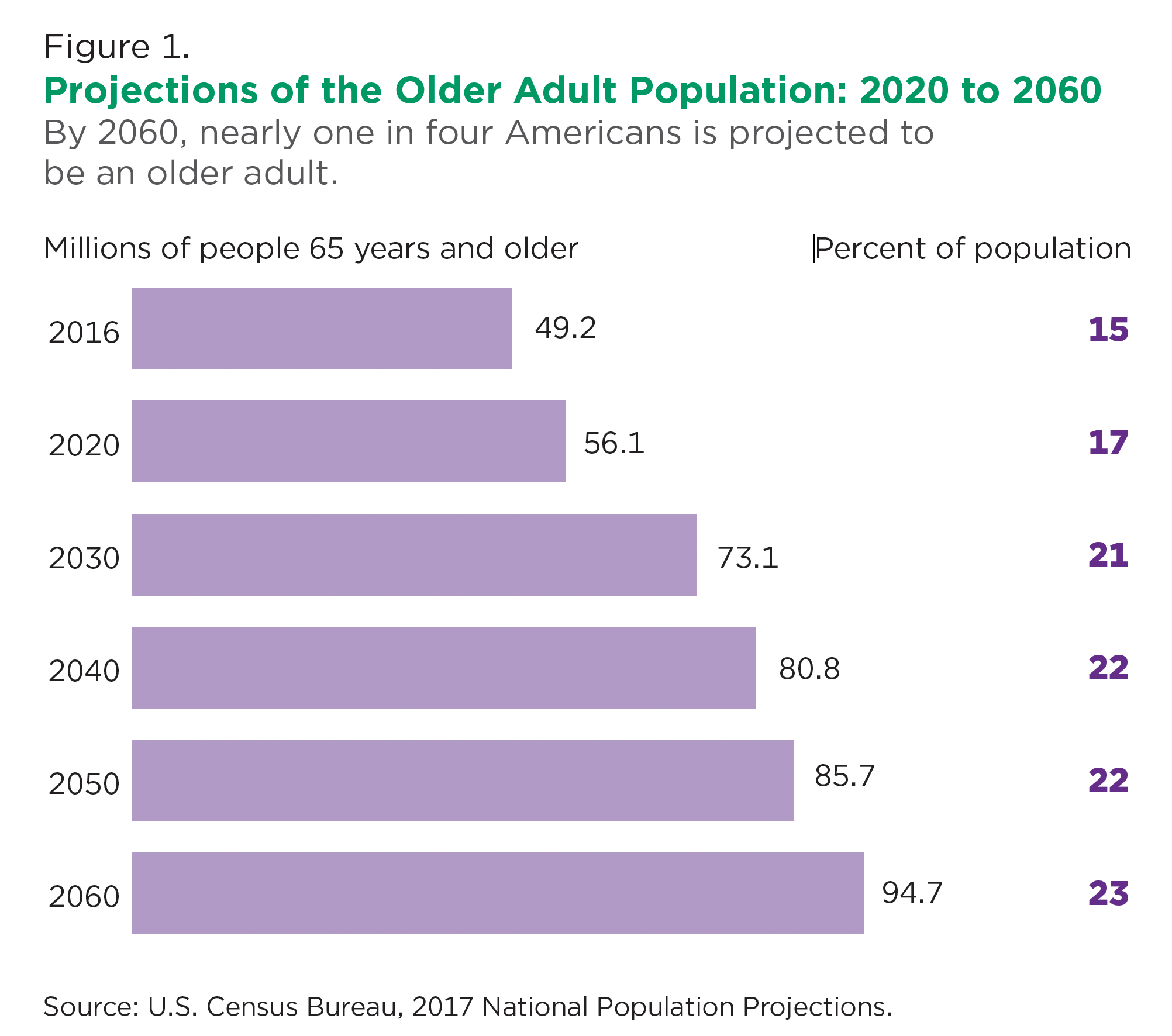By Clearday Research Team
Currently, there is little association between patient experience and financial performance, but payers are beginning to focus on it more as the shift to value-based care continues. CMS has increasingly established codes for the entire care cycle of chronic diseases – not just diagnosis. These include many non face-to-face activities like reading results, adjusting care plans, etc. Along with these added CMS codes are more related to transition care management – providers are reimbursed for post discharge-planning activities and transition from acute care to home or other facilities.
Hospitals with “excellent” HCAHPs ratings had a net margin increase of 3% compared to hospitals with “low” HCAHPs ratings (Deloitte, 2016). 30% of CMS’s calculation for reimbursement comes from HCAHPs, patient experience surveys, as part of the Hospital Value-Based Purchasing Program (HBVP) program; however, Medicare incentives for higher HCAHPs accounts for only 7% of the correlation between patient experience and financial performance right now. (Deloitte, 2016). These HCAHPs include measures of patient satisfaction with education, training, and disease self-management. Under the Hospital Readmissions Reduction Program (HRRP), CMS is trying to reduce the $26B annual cost burden and statistics show that 82% of hospitals faced penalties for hospital readmission (Healthstream, 2021). Hospital admission is significantly more common in dementia care patients yet entirely preventable.
At CleardayTM, our mission is to provide affordable and personalized extensive caregiver support to those who need it most. See how CleardayTM helps by clicking here.
This blog and related materials prepared by Clearday, Inc. may use publicly available information including market research, studies or reports by unaffiliated third parties that include market demographics and other relevant market or research information. Such information or a link to such information is available upon request. We do not warrant any such information and do not have information that causes us to believe that any such market research, studies or reports are not correct in all material respects.
